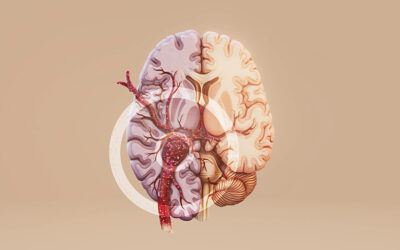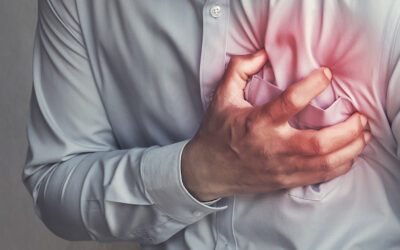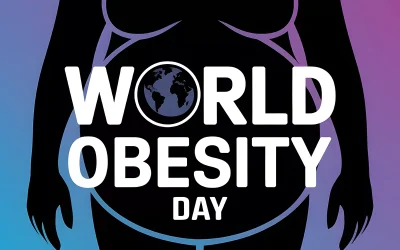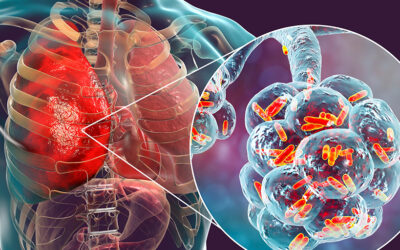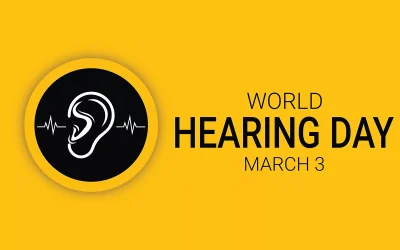Kidney Stones: Causes, Symptoms, and When to Consult a Doctor
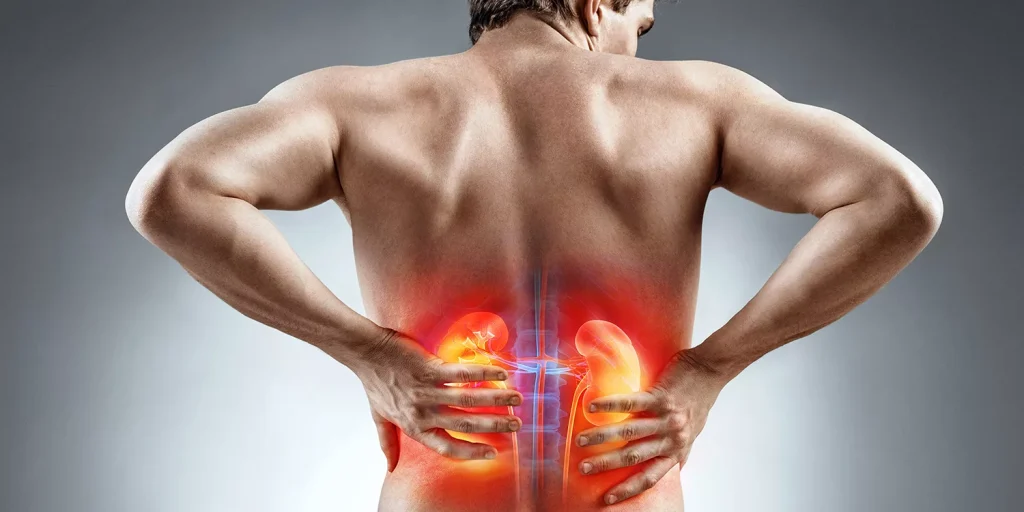
A sudden, sharp pain in the lower backside can often be mistaken for muscle strain or a minor issue, but it could be a sign of kidney stones. These hard deposits in the kidney can either be so small that they are passed through urine, causing little to no discomfort, or can be large enough to block the ureter, which can be extremely painful. Understanding the causes and symptoms of kidney stones is crucial to prevent them, and knowing when to seek medical intervention. That’s why, in this article, we’ll explore some of the key aspects of kidney stones, including their types, potential causes, symptoms, and prevention tips.
Table of Contents
ToggleWhat are Kidney Stones?
Kidney stones are small, hard deposits of either calcium, oxalate, uric acid, and/or cystine. A high concentration of these minerals and salts in the urine causes them to stick together and create stones that can vary greatly in size; while small stones are usually passed through urine with little to no discomfort, the larger ones are too painful to pass and may need surgical removal.
What are the Types of Kidney Stones?
Kidney stones can be classified into four types, each with distinct characteristics and causes.
Calcium Stones
- Calcium Oxalate Stones: The most common types of kidney stones, Calcium oxalate stones form when calcium combines with oxalate in the urine. Factors such as inadequate calcium in diet or high oxalate in one’s diet, dehydration, and certain medical conditions can lead to their formation.
- Calcium Phosphate Stones: These stones form when calcium combines with phosphate. They are less common than calcium oxalate stones, and are associated with certain metabolic disorders.
Struvite Stones
Struvite stones are made up of magnesium, ammonium, and phosphate. Struvite is a mineral produced in response to a urinary tract infection (UTI). As women are more susceptible to UTIs than men, they are more likely to develop this type of stone.
Uric Acid Stones
Overly acidic urine causes the formation of uric acid stones. The concentration of uric acid can increase in the urine due to a high-purine diet (purine rich foods include certain meats, fish, and shellfish) or as a side-effect to conditions such as gout or diabetes.
Cystine Stones
Cystine stones are rare and result from a genetic disorder called cystinuria, which causes the kidneys to excrete excessive amounts of cystine. Cystinuria is a genetic condition, which means that it can be passed down from one generation to the other.
What are the Causes of Kidney Stones?
Kidney stones form due to build-up and crystallisation of certain types of minerals and salts in the kidneys. There is no definitive cause to the build-up but several factors can increase the risk. These include:
- Dehydration: Not drinking enough water leads to a concentrated urine, which increases the likelihood of stone formation.
- Diet: High intake of oxalate-rich foods (like spinach, nuts, and chocolate), excessive sodium, and high animal protein can increase the risk of kidney stones.
- Obesity: Being overweight or obese can affect the body’s ability to process certain substances, eventually leading to stone formation.
- Medical conditions: Certain metabolic disorders that cause hypercalcemia e.g. hyperparathyroidism, sarcoidosis or any other granulomatous disorder lead to hypercalciuria can lead to calcium stone formation. Similarly conditions like cystinuria can lead to cystine stone formation. Other than that, conditions such malabsorption syndromes and Inflammatory Bowel Disease predispose to stone formation.
- Family history: A family history of kidney stones can increase the risk, suggesting a genetic predisposition to the condition.
- Medications: Certain medications can increase the likelihood of stone formation. For example, diuretics, acyclovir, indinavir etc can cause renal stone formation.
What are the Symptoms of Kidney Stones?
The symptoms of kidney stones can vary depending on the size of the stone. Common symptoms include:
- Severe Pain: Sharp pain in the lower back, side, or abdomen, that often fluctuates in its intensity. The pain may radiate to the groyne area as the stone moves through the urinary tract.
- Painful Urination: A burning sensation or discomfort while urinating.
- Blood in Urine: Urine may appear pink, red, or brown due to bleeding caused by the stone while moving down the urinary tract.
- Frequent Urination: As the kidney stones travel through the tract, they can irritate or partially block the ureter or the bladder itself. This irritation can trigger the bladder’s urge to empty more frequently, even when it’s not full.
- Cloudy or Foul-Smelling Urine: Concentrated urine can be cloudy or have a strong odour, which is a sign of infection.
- Nausea and Vomiting: Nausea or vomiting is the body’s response to the severe pain caused by the kidney stones.
- Fever and Chills: A kidney infection or UTI associated with kidney stones can cause fever and chills.
If more than one of these kidney stone symptoms occur, along with severe pain, it’s important to seek medical attention.
How to Prevent Kidney Stone Formation?
Prevention of kidney stones involves making lifestyle changes and addressing the factors that contribute to their formation. Here are some tips to reduce the risk:
- Stay Hydrated: Drinking at least 2-3 litres of water helps dilute substances in the urine that can lead to stone formation.
- Limit Sodium: A diet high in salt can cause the kidneys to excrete more calcium into the urine, increasing the risk of calcium-based stones. Reducing salt intake helps lower this risk.
- Limit Oxalates: Reducing the intake of high-oxalate foods such as spinach, nuts, and chocolate can help prevent calcium oxalate stones.
- Maintain a Healthy Weight: As mentioned above, obesity is a risk factor for kidney stones. So maintaining a healthy weight through regular exercise and a balanced diet can help lower the risk.
- Avoid Excessive Vitamin C Supplements: High doses of vitamin C increase oxalate production in the body, which may lead to formation of kidney stones.
- Medications: For those at a high risk of developing kidney stones, doctors may prescribe medications to help prevent specific types of stones.
Conclusion
Understanding kidney stones, including what they are, how they form, and the symptoms they cause, can significantly help manage and prevent this painful condition. If you or a loved one is experiencing symptoms such as severe lower back pain in one side, blood in the urine, and/or frequent urination, it’s strongly recommended to consult a Nephrologist/Urologist as soon as possible. That’s when you can count on Graphic Era Hospital. Equipped with state-of-the-art diagnostic technologies and advanced treatment options, our kidney stone specialists are ideally positioned to offer world-class treatment and care for all types of kidney stones. Don’t hesitate to reach out; take the first step towards reclaiming your health.
By Specialities
- Bariatric Surgery
- Cancer Care
- Cardiology
- Dental
- Dermatology
- Diabetes & Endocrinology
- Endocrinology and Diabetes
- ENT (Ear Nose Throat)
- Eye Care
- Gastroenterology
- Haematology
- Health Awareness
- Health Care
- Health Tips
- Hematology
- Hepatology
- Internal Medicine
- Mental Health and Behavioural Sciences
- Metabolic
- Neonatology
- Nephrology
- Neurology
- Nutrition & Dietetics
- Obstetrics & Gynaecology
- Oncology
- Ophthalmology
- Orthopaedics
- Paediatric
- Physiotherapy & Rehabilitation
- Plastic and Reconstructive Surgery
- Psychology
- Pulmonology
- Rheumatology
- Spine
- Urology
Recent Posts
Need expert medical advice?
Share your details and our healthcare specialists will reach out to assist you.
By proceeding, you acknowledge and agree to our Privacy Policy, Terms of Use, and Disclaimer.

